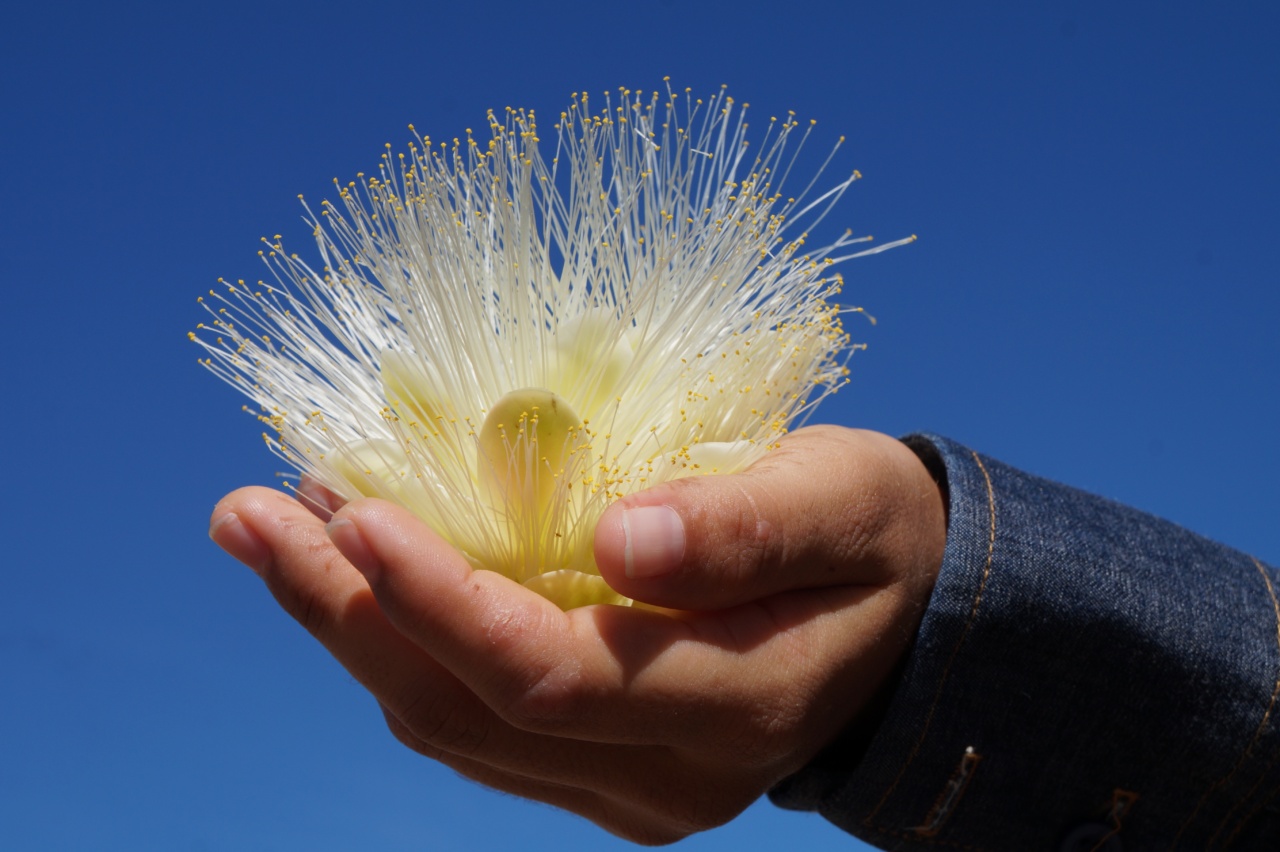Sun poisoning, also known as sun rash or sun allergy, is a skin condition that occurs due to overexposure to the sun’s harmful ultraviolet (UV) rays.
It is not a true poisoning but rather a severe skin reaction that results in red, itchy, and painful rashes. It affects people of all ages and skin types but is more common in those with fair skin.
Symptoms of Sun Poisoning
The symptoms of sun poisoning can vary from person to person, but some common ones include:.
- Red, itchy, and painful rash
- Blisters or bumps on the skin
- Burning or stinging sensation on the affected area
- Swelling and inflammation
- Fever, chills, and nausea in severe cases
Causes of Sun Poisoning
Sun poisoning occurs when the skin is exposed to too much UV radiation, particularly UVB rays. This can happen when a person spends too much time in the sun without proper protection such as sunscreen, hats, and clothing. Other causes include:.
- Using certain medications that increase sensitivity to sunlight
- Having underlying skin conditions such as eczema or rosacea
- Being in high altitudes or near reflective surfaces such as water, snow, or sand
- Receiving radiation treatment
Preventive Measures of Sun Poisoning
To prevent sun poisoning, it is important to take proper precautions before going out in the sun. Some preventive measures include:.
- Applying broad-spectrum sunscreen with at least SPF 30
- Wearing protective clothing such as hats, sunglasses, and long sleeves
- Avoiding the sun during peak hours between 10 am and 4 pm
- Staying in the shade whenever possible
- Drinking plenty of water to stay hydrated
Treatment for Sun Poisoning
The treatment for sun poisoning depends on the severity of the symptoms. Mild cases can be treated at home with over-the-counter hydrocortisone cream and antihistamines to reduce itching and inflammation.
Cold compresses and aloe vera gel can also provide relief.
For severe cases, a doctor may prescribe corticosteroid creams or oral steroids to reduce the inflammation. In some cases, hospitalization may be necessary if the person experiences severe dehydration, fever, or infection.
Complications of Sun Poisoning
If left untreated, sun poisoning can lead to serious complications such as:.
- Dehydration
- Infections
- Skin cancer
- Permanent skin damage and scarring
Conclusion
Sun poisoning is a common skin condition that can be prevented by taking proper precautions such as wearing protective clothing, staying in the shade whenever possible, and applying sunscreen.
If you develop symptoms of sun poisoning, seek medical attention to prevent further complications.

























